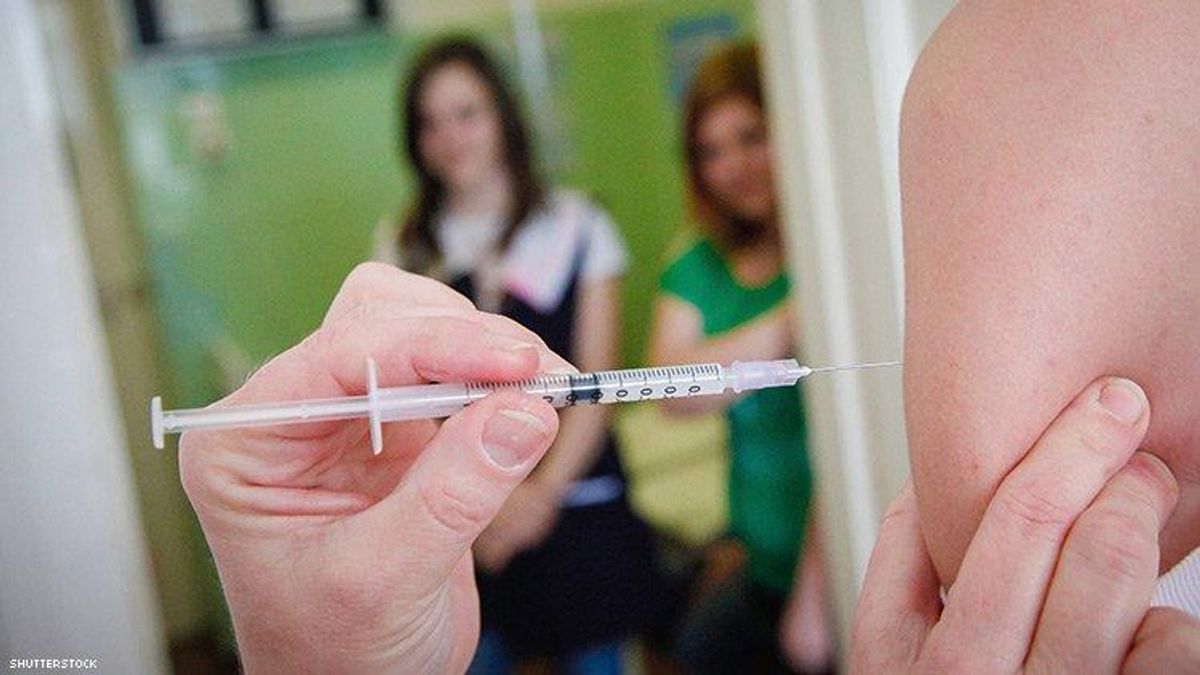Researchers from Drexel’s Dornsife School of Public Health found that social media campaigns aimed at increasing human papillomavirus vacations saw more engagement when they are driven by narrative.
According to a study published in the journal Health Education and Behavior, researchers took 360 randomized Instagram posts from nearly 3,300 posts about the HPV vaccination, and analyzed which ones received the most success.
It was determined that posts providing information and evidence while communicating the message through a more narrative structure showed to have more engagement.
The majority of posts analyzed were pro-vaccine, at 56 percent. Of that number, 72 percent shared “actionable” information about the vaccine, according to a report from Drexel, while only 28 percent featured personal narratives — or elements of a story.
Data also showed that while the minority of the posts analyzed were anti-vaccine, at 44 percent, they experienced a much high engagement, which includes more “likes.”
The study is a prominent example of how strong messaging strategies can either sway or dissuade people from pro-vaccine policies.
“In recent years, we’re seeing a resurgence of misleading anti-vaccination messages and related misinformation spreading through social media,” said senior author Philip M. Massey, PhD, an associate professor of community health and prevention in the Dornsife School of Public Health. “By studying what makes these messages so effective online, we can improve fact-based, pro-vaccination messaging aimed at improving public health.”
The HPV vaccines has enormous benefits for boys and girls in preventing a number of cancers. Yet, a 2017 study in Human Vaccines and Immunotherapeutics found that the anti-vaccine movement has gained traction in recent years thanks to misleading information being spread across social media.
According to the Centers for Disease Control and Prevention, HPV is the most common STU in the country and can cause six different types of cancer in women and men, including nine out of every 10 cases of cervical cancer and seven out of 10 oral cancers.

















































































